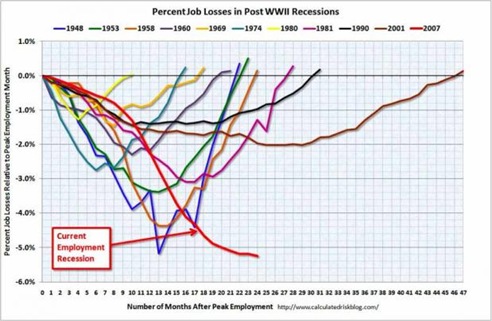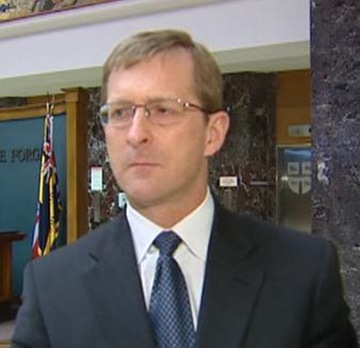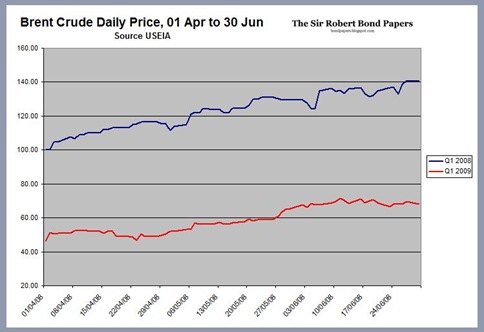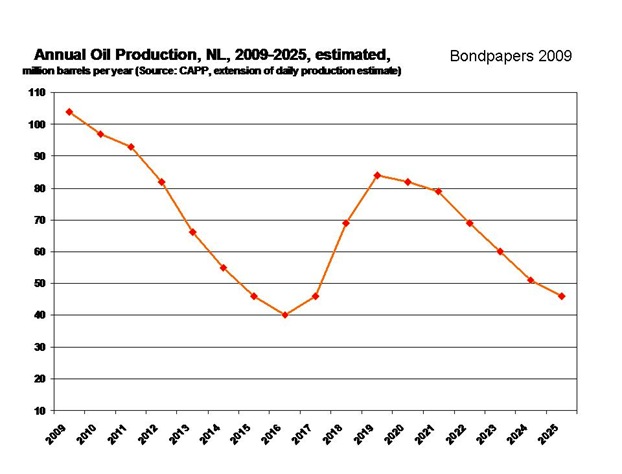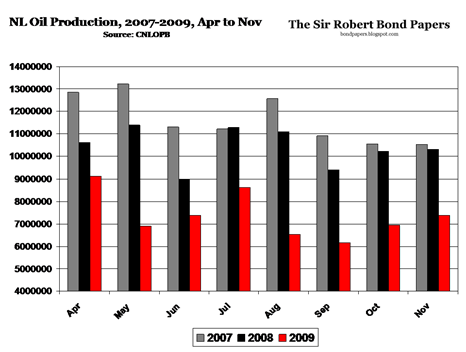A couple of e-mails in ye olde inbox on Monday and just about every conceivable name cropped up in the great game of trying to figure out who will be the new Conservative senator from Newfoundland and Labrador.
For the record, here’s the list:
-
Loyola Hearn
-
Loyola Sullivan
-
Liam O'Brien
-
Beth Marshall
-
Rex Barnes
-
Tim Powers
-
Merv Wiseman
-
Graham Letto
-
Rick Hillier
-
Lynn Verge
-
Tom Rideout
-
Vic Young
-
Leo Power
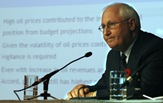 Most of the spec seems to favour one of the Two Loyolas – that’s Sullivan on the right - but those fellows already have or had their bit of pork.
Most of the spec seems to favour one of the Two Loyolas – that’s Sullivan on the right - but those fellows already have or had their bit of pork.
 That’s former fish minister Loyola Hearn on the left, there, for those who don’t know him.
That’s former fish minister Loyola Hearn on the left, there, for those who don’t know him.
Put them in the “Definitely Not” pile right next to Rick Hillier.
Liam O’Brien would be a long shot. He surely won’t take offence at the suggestion.
Ditto Merv Wiseman, although he might take offence. Sucks to be him, then. Rex Barnes looks like he got on the list for the same reason Merv did: someone listed former Tory candidates. Another “nope”.
Beth Marshall would be too obvious just because all the spec puts her name up right next to the two Loyolas. She’s at the point now where her name is on everyone’s list of nominees for everything. Watch out if the Pope drops dead tomorrow. Local spec will have Beth in the running right behind the two Loyolas; it’s gotten to be that much of a cliche.
Graham Letto or someone else from Labrador would be a shot to replace Bill Rompkey when he retires within the next year or two.
 Leo Power is a suggestion if someone was digging way inside the party and maybe way back into the mists of time to boot.
Leo Power is a suggestion if someone was digging way inside the party and maybe way back into the mists of time to boot.
He’s a former exec to John Crosbie and former principal secretary to Tom Rideout for 43 Days but has Leo got anything else to qualify him for a seat in the Antechamber to the Kingdom of Heaven before Tom Rideout?
 And speaking of Tom, there’s just something about that appointment that wouldn’t fit the reformist theme supposedly being set by this round of appointments. Any Tories in the National Capital Region with a room to rent might find Tom a willing tenant.
And speaking of Tom, there’s just something about that appointment that wouldn’t fit the reformist theme supposedly being set by this round of appointments. Any Tories in the National Capital Region with a room to rent might find Tom a willing tenant.
So who’s left on that list?
Tim Powers - he of the Globe blog and Ottawa lobbyist fame - is an interesting choice. The guy has strong ties both provincial and federally so he could act a go-between in the Great Rapprochement between the federal Connies and the provincial cousins.
 Lynn Verge is a possibility. She’s a former provincial Tory leader with a strong background in public life.
Lynn Verge is a possibility. She’s a former provincial Tory leader with a strong background in public life.
 Then there’s Vic Young. Frankly it’s a bit strange to see him there. The former public servant and business exec has kept a pretty low profile since retiring. Well, low with the exception of the Blame Canada Commission in 2002.
Then there’s Vic Young. Frankly it’s a bit strange to see him there. The former public servant and business exec has kept a pretty low profile since retiring. Well, low with the exception of the Blame Canada Commission in 2002.
He’d be a good choice but that hasn’t stopped prime ministers – including this one – from looking right past a good choice in favour of a complete waste of time.
Like say Mike Duffy.
Odds are that none of the names on that list will wind up getting the nod whenever the choice is made. The federal Conservatives have shown themselves adept at coming up with some – shall we say – unusual choices when it comes to federal appointments.
One that stands out in the local legal community is a judge whose appointment prompted tongue-in-cheek concern in some quarters that she might not know where the court house was. Seems the only time she’d darkened its doors – as the local legal wags put it – was when she’d shown up to see her old man sworn in as a supreme court judge years before.
So with all those names from the current speculation out of the way, maybe someone can come up with a novel idea.
The comments are open. Toss your suggestions on the table.
-srbp-
